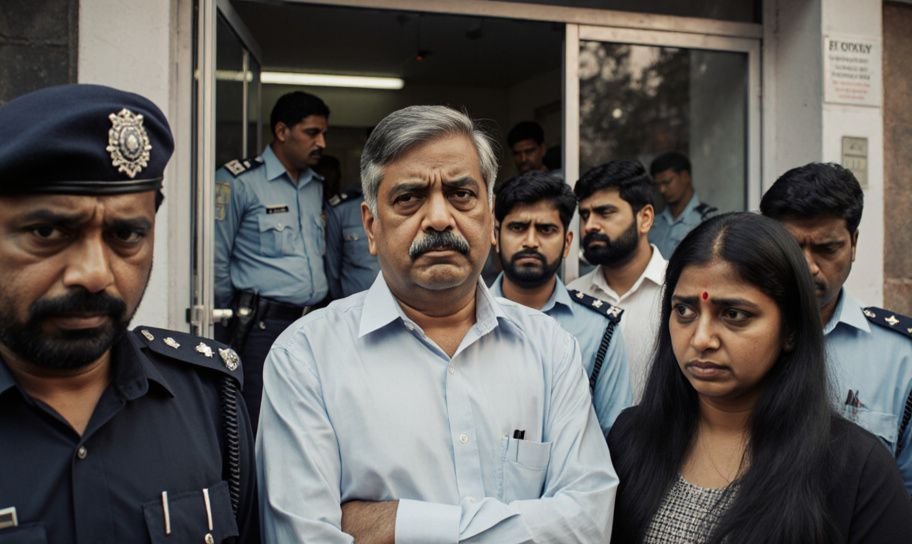
In a recent case, Narsing Rao and six others went to court because the police didn't officially record their complaint. They believed the police were influenced by a politician. However, the court turned down their request, telling them to try other legal methods first.
Narsing Rao and his group wanted the police to officially record their complaint. They said that their complaint, submitted on November 24, 2016, was ignored because of a politician's influence. Their lawyer, Mr. Suresh Shiv Sagar, argued that this was unfair.
"The police didn't record the crime because of the pressure from the politician at that time."
Judge N. Tukaramji looked at the case and explained why the court couldn't help. He mentioned that the law already provides a way to deal with such situations, and the petitioners should use that first.
The court referred to past decisions, like the one in Sakiri Vasu v. State of U.P., which said that going to court isn't the right way when a complaint isn't officially recorded. Instead, people should use the options in the Code of Criminal Procedure.
"Going to court under Article 226 is usually not the right way when the issue is about not recording a complaint."
The court also talked about the Govind Raju Sami v. State of Telangana case, reinforcing that petitioners should try all other legal options first. The Supreme Court's decision in M. Subramaniam v. S. Janaki was also mentioned, which supports this approach.
Judge Tukaramji dismissed the request, saying it wasn't the right way to go. He advised Narsing Rao and the others to try other legal methods if their problem still exists.
"The help asked for by the petitioners under Article 226 of the Constitution of India cannot be given."
Narsing Rao and his group can still take their issue to a local judge, as the court suggested. This means they have another chance to get their complaint officially recorded, but they need to follow the proper legal steps.
This case shows how important it is to follow the correct legal procedures. Even when things seem unfair, there's usually a set path to follow, and skipping steps can lead to setbacks.